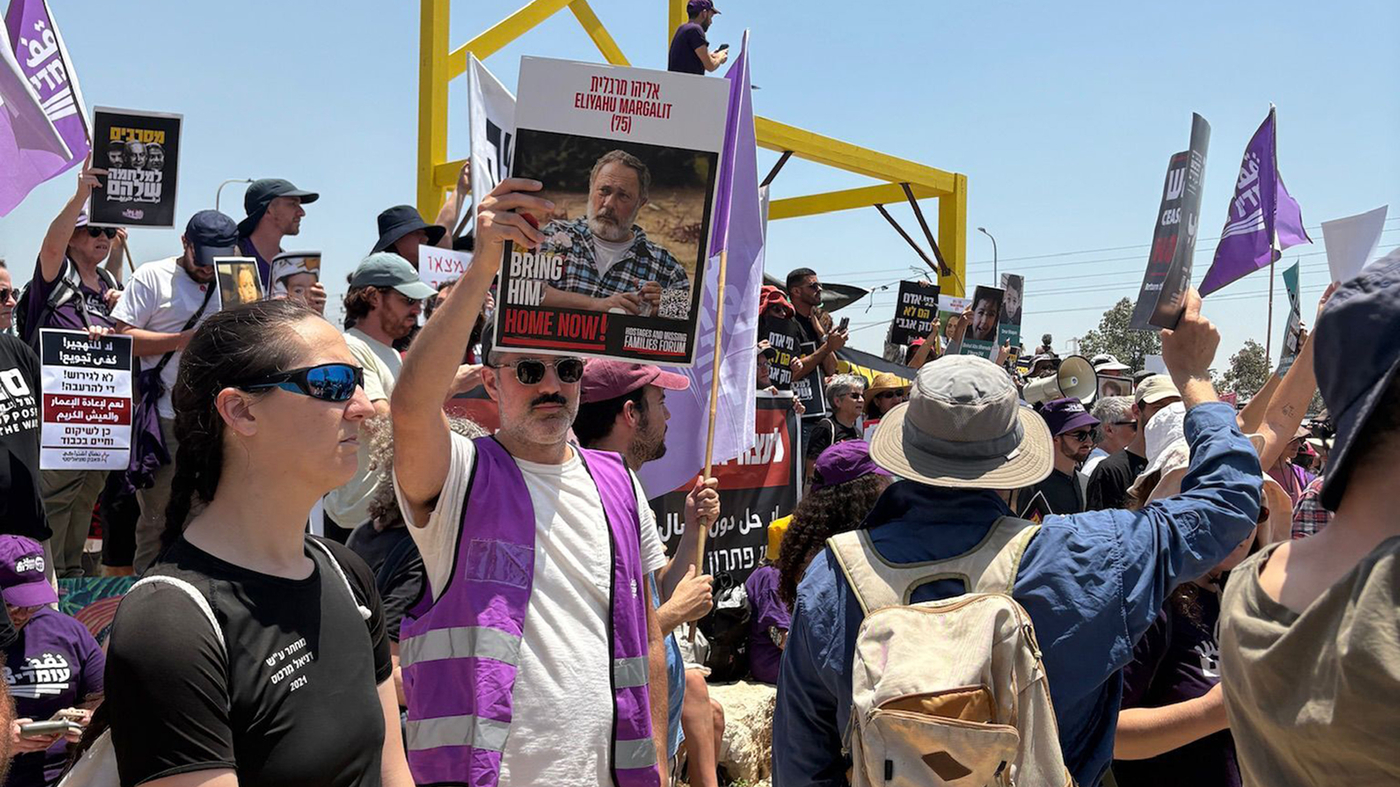The Shifting Landscape of Israeli Public Opinion Amid the Gaza Conflict
Since the eruption of intense hostilities on October 7, 2023, between Israel and Hamas, Israeli society has undergone a profound transformation. Beyond changes in military tactics and political maneuvering, the war has carved deep fissures in public sentiment, social unity, and individual decision-making. The multifaceted evolution of Israeli perspectives reveals not only the direct human and political cost of prolonged conflict but also the broader psychological and demographic ripples reshaping the nation’s future.
From Unity to Unease: The Early and Emerging Public Reaction
In the immediate aftermath of Hamas’s attacks, Israelis largely united around a common purpose: a resolute and aggressive military response aimed at neutralizing what was perceived as an existential threat. This early solidarity stemmed from a combination of national trauma and trust in leadership, supported by allied international states like the US. Popular sentiment during this phase was marked by a clear conviction that Israel’s actions were just, necessary, and would soon restore security.
However, as weeks turned into months, a visible and meaningful shift in attitudes emerged. The initial surge of confidence gave way to mounting concerns regarding both the cost and direction of the war. A rising segment of the population began to question the prolonged military engagement’s effectiveness, especially as civilian casualties mounted in Gaza and Israeli forces faced ongoing losses. This disenchantment fueled a series of domestic peace and anti-war protests emphasizing humanitarian suffering and advocating for negotiation over continued hostility. Such activism reflects an evolving public reckoning with the moral ambiguities and practical ramifications of an extended conflict.
Political and Social Fault Lines: Intensified Polarization
The war has laid bare and deepened long-standing political divides within Israel. On one end stand factions championing an uncompromising military strategy, endorsing territorial incursions and demanding decisive action against Hamas. Opposing them are voices calling for restraint, prioritizing humanitarian considerations, and warning about the dangers of eroding democratic principles amid conflict. The government’s recent approval of expanded military operations in Gaza—a move intended to secure land—has further polarized opinions, crystallizing the tug-of-war over Israel’s strategic and ethical course.
A striking feature of this polarization is its reach into traditionally disciplined institutions like the military. Reports of dissent among reservists underscore the internal unease about the war’s trajectory and consequences. This internal conflict represents a larger societal anxiety regarding whether prolonging warfare jeopardizes Israel’s democratic fabric and international standing, raising urgent questions about identity and governance under strain.
Social Disruption and Demographic Shifts: A Society in Flux
Beyond political debate, the war has exacted significant psychological and demographic tolls. A growing number of Jewish Israelis have chosen to emigrate, citing fear, disillusionment, and concerns about personal safety amid ongoing violence and instability. This exodus highlights the deep fractures now permeating Israeli society, as the conflict destabilizes not only security but also communal and familial continuity.
Within Israel, everyday life has become marked by mass evacuations from both northern and southern locales, pervasive trauma from incessant hostilities, and grassroots mobilization to support soldiers and displaced civilians. These realities paint a picture of a society grappling with upheaval—socially fractured, emotionally burdened, and mobilized through voluntary solidarity, yet visibly strained by the demand for resilience.
Diverging Narratives: Media, Perception, and Global Opinion
A crucial element shaping Israeli perspectives is the difference in media narratives consumed internally compared to those abroad. Domestic media focus predominantly on themes of security, experience under rocket fire, and a narrative of self-defense. Conversely, the Palestinian viewpoint, emphasizing civilian suffering in Gaza, remains less represented within Israeli mainstream outlets but strongly colors international perceptions.
This media divergence feeds a wider global divide where international opinion is increasingly critical of Israel’s military campaign. The contrast between Israeli confidence in their military objectives and the growing chorus of international condemnation fosters a sense of arresting isolation among many Israelis. These conflicting realities deepen the psychological and political challenges facing Israeli society as it navigates external judgment alongside internal discord.
Looking Forward: The Uncertain Future of Israel and Its Society
The long-term consequences of the Gaza conflict remain clouded in uncertainty. The evolving opposition—on the home front and worldwide—raises profound questions: Will Israeli leaders recalibrate their strategies toward negotiation and compromise? Can Israel’s societal fabric withstand the ongoing strain without unraveling? Ultimately, will the emerging state identity emphasize security at almost any cost, humanitarian considerations, or a complex balance between the two?
The trajectory chosen will not only determine Israel’s immediate peace prospects but will significantly influence Middle Eastern geopolitics for years to come. The war’s imprint will shape the country’s social cohesion, democratic values, and global relations, making the post-conflict societal transformation as critical as any battlefield outcome.
Reflecting on a Nation’s Transformation Amid Conflict
The Israeli experience since the outbreak of the Gaza war offers a compelling study of evolving public opinion under duress. What began as near-unanimous wartime resolve has shifted to a complex landscape blending protest, dissent, and deep introspection. The societal fractures laid bare reveal the human face of conflict—identity reshaped, morality questioned, and futures reconsidered.
In understanding these changes, one gains crucial insight into the broader implications of the conflict not only for Israel but for the entire region. The story of these shifting attitudes is not merely about war; it is a narrative about a nation wrestling with its soul.

